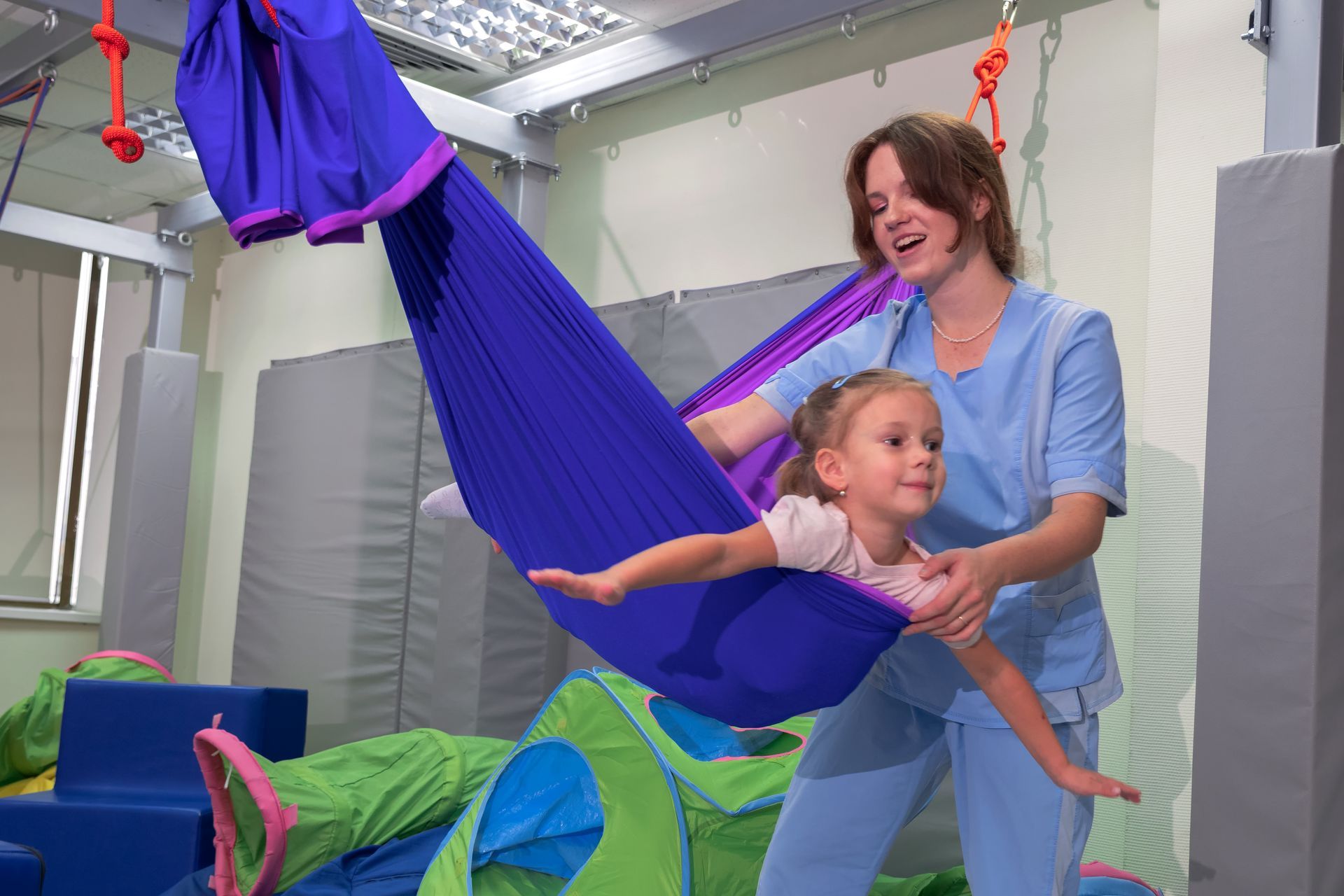Our Behaviour Support Development Program: Supporting Practitioners, Strengthening Services

At helpz, we know that providing high-quality behaviour support starts with confident, well-equipped practitioners. That’s why we created the Behaviour Support Development Program (BSDP)—our very own training and mentorship pathway designed to help new practitioners build the skills they need to succeed.
Since launching in 2022, our program has supported over 100 practitioners to step into the field with the practical knowledge, experience, and confidence to provide meaningful support to people with disabilities. And we’re proud to say that number is growing every year!
How It Works
The BSDP is delivered entirely online and starts with a series of seven interactive webinars, giving practitioners a strong foundation in behaviour support. From there, participants can opt into an 8-week mentorship program, where they work alongside our experienced clinicians to apply their learning in real-world scenarios.
Throughout the program, we
guide practitioners every step of the way, helping them:
✅ Write and refine behaviour support plans
✅ Develop effective data collection strategies
✅ Complete assessments with confidence
✅ Prepare training and implementation programs, including those involving restrictive practices
At the end of the self-paced journey, each practitioner undergoes a comprehensive review of their self-assessment and previous experience. Based on this, they may be endorsed as Core or Developing Core, setting them up for success as they take on their first caseload.
What Our Practitioners Say
Many of our past participants have shared how the BSDP gave them the confidence and skills to thrive in their roles.
Courtney Pettingill, a recent BSDP graduate, said:
"I was initially anxious about completing the BSDP… but the activities made learning easy, and my nerves quickly faded thanks to the incredible support from the Helpz team and my clinical supervisor. Now, I feel confident delivering behaviour support services."
Looking Ahead to 2025
We’re excited to continue growing our BSDP in 2025, welcoming even more passionate practitioners who want to make a real impact in the disability sector.
If you’re looking for a supportive, hands-on program to kick-start your behaviour support career, we’d love to welcome you to helpz!
Find out more about our program here.







